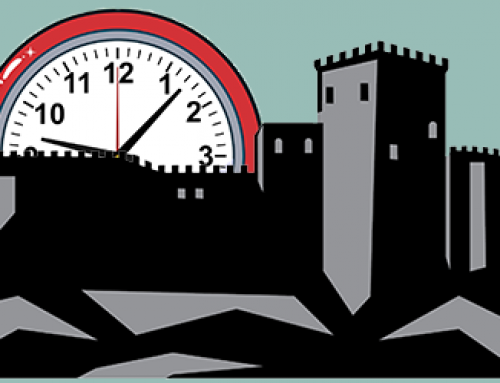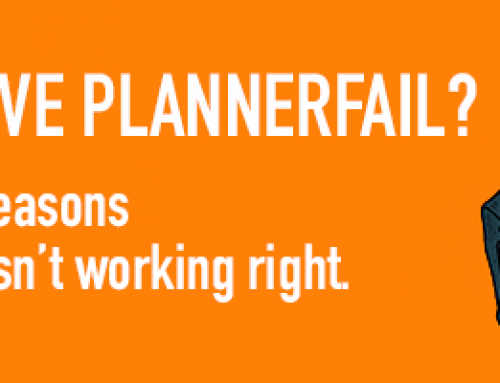If you’ve ever been frustrated with customer service, it might be because they don’t have a CRM. A CRM can improve customer service and help you grow your business into a profitable, organized enterprise based on the common-courtesy concept of listening.
A few weeks ago, I encountered problems with an electronic I had purchased. The instructions and troubleshooting provided no help, so I turned to technical support for assistance. Five days, seven hours, and four different technical support agents later, I was no closer to solving my problem. I returned the product and purchased one from a competitor.
When the company asked me to provide feedback on the effectiveness of their technical support, I knew exactly why my conversations with support reps proved fruitless: No one listened. The first rep had failed to keep track of the information I provided, and I had to repeat my issue and details several times. Subsequent reps were ignorant of previous conversations, even when I offered chat log IDs and account information. I was forced to repeat my situation to four different people, who failed to ask the proper questions and get the full story. Again and again I told each rep, “Yes. I’ve tried that already. It did not work.”
They didn’t have the whole story. They didn’t know what I’d already gone through and tried. It was an utter waste of my time because they were unaware of my previous conversations and no one listened. It was poor customer service, and the company lost my business because of it.
Speaking to friends, family, and clients who also have to deal with customer service I often hear, “I just want to talk to someone.” What they’re really saying is, “I want someone to listen to what I need.” Good customer service is about listening to and assessing the needs of the individual and asking questions. When companies listen to their customers, they gain the customer’s trust and loyalty
Yet listening alone isn’t enough. You have to write it down and not on the back of a 3 x 5 card. If you’re really listening to your customers and providing the best service you can, your interactions won’t be able to fit on the back of an index card. They’re too complex. That’s why you need a CRM.
CRM (customer relationship management) systems have listening at their core. The purpose, as the name suggests, is to track and manage the customer relationship. The PlanPlus Online CRM, for example, makes it possible to capture information such as the customer’s interest level, needs, and preferences. It also keeps a detailed account history with a log of phone calls, emails, and other interactions. By keeping such thorough notes, you’ll be able to keep track of all your customers and even anticipate their needs, depending on what type of service you provide.
If the company I contacted for technical support had kept a record of my interactions with them, it would have drastically cut down on the amount of time I spent trying to get help. The support agent would have looked at my record, seen what my situation was and what I had already done to try a fix it, and offered alternatives to reach a solution. The company could have kept my business, and earned a recommendation from me for their organized support, if they had kept track of my history with them. If they’d had a CRM, that information would have been documented and accessible
In a recent article for Forbes, Eric T. Wagner found big-number benefits to having a CRM to track customers. Wagner did some research into the before-and-after effects of implementing a CRM in real businesses, and spoke to Julie Goldman, the Founder and CEO of The Original Runner Co., to find out how a CRM had helped her business. Her referrals had gone up 80%, conversions 60%, and her contact database had grown 500%. When it came down to it, having a CRM kept Julie Goldman more organized while simultaneously increasing her number of customers. She was able to provide better service to more people.
Other companies Wagner researched noticed similar benefits. After doing the research, Wagner’s advice was, “Get a CRM system as quickly as possible…. by getting a solid CRM solution… you’ll be more focused on snagging valuable tidbits you can stick in your CRM. And just like a snowball effect you’ll start asking even more questions and getting even more valuable information.”
I’ve seen and experienced the benefits of CRMs for businesses, and as Wagner said, “You just need to go out and do it.” Do you have any experiences where having a CRM helped your business? How have listening and tracking improved your customer support experiences, both on the giving and receiving end? What benefits, besides improved listening, have you seen from implementing a CRM in your business?






